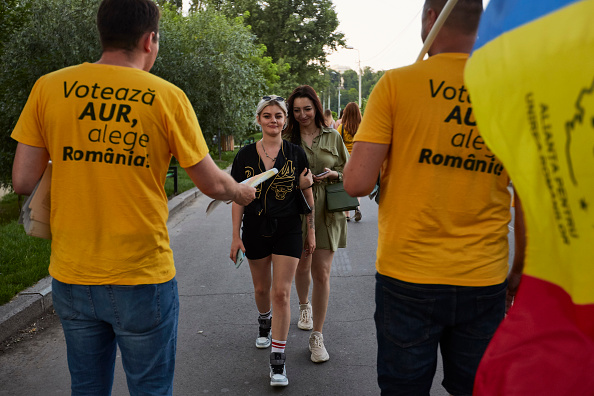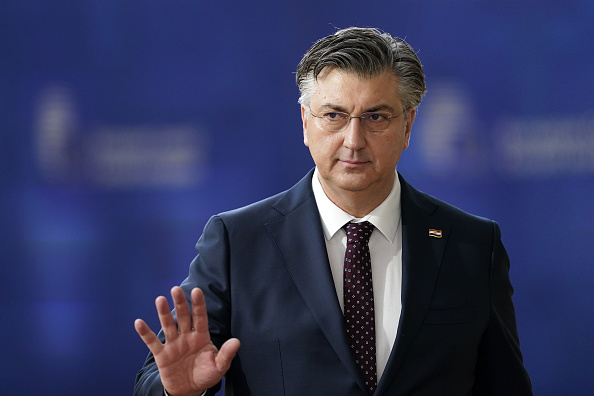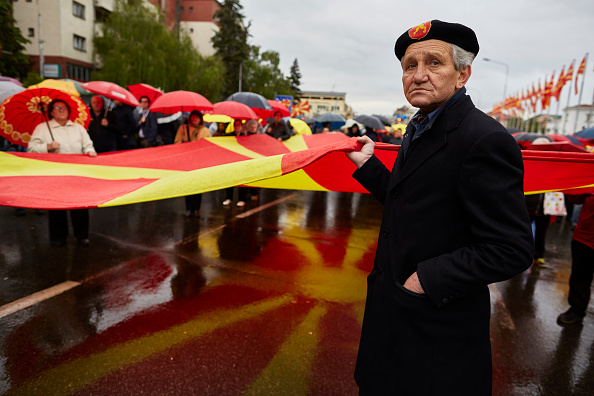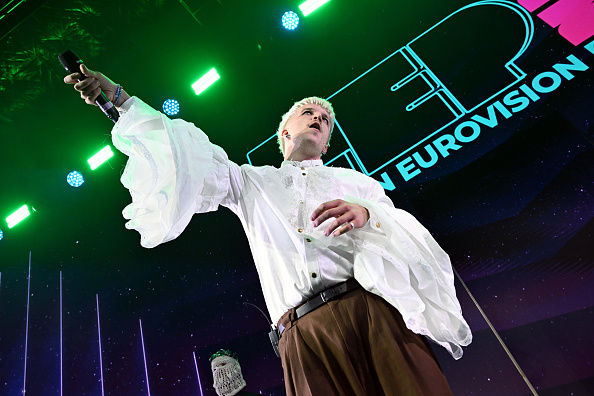Georgia’s defeated president Salome Zourabichvili has refused to step down as her eurosceptic successor Mikheil Kavelashvili was inaugurated December 29, claiming she was the “only legitimate president”.
Zourabichvili, who was born in France and until 2004 served as France’s ambassador to Georgia, left the presidential residence at Tbilisi’s Orbeliani Palace on the morning of December 29. Before leaving, she told supporters: “I’m taking away the legitimacy, I’m taking away the flag, I’m taking away what is your trust.”
Writing on X the evening of December 29, the pro-EU Zourabichvili called Kavelashvili’s installation the “de facto inauguration of a de facto president”.
“This election and hence the inauguration of the president is not valid, so I remain president and I continue to do my job,” Zourabichvili told British politicians Rory Stewart and Alastair Campbell, who both support the UK re-entering the EU, in their The Rest is Politics podcast December 27.
Prime Minister Irakli Kobakhidze of the eurosceptic Georgia Dream party, who won parliamentary elections in October with 54 per cent of the vote, has said Georgia was not abandoning its goal of joining the EU but the pause was to enable the country to reconsider its terms of accession.
The PM has attacked the EU for calling on Georgia to repeal recent laws passed by his government. These included banning what it described as LGBTQ “propaganda” and curbing the influence of Western-funded non-governmental organisations.
These were EU “actions that amount to renouncing” the country’s dignity, said Kobakhidze
Kavelashvili, accompanied by his family, was sworn in at a closed-doors ceremony in parliament. Representatives from the four opposition parties did not attend the swearing in.
A former Manchester City football star, in his inauguration address Kavelashvili said Georgians needed to “approach existing challenges with caution, analyse the threats” and “make decisions not based on emotions but as a result of careful thought”.
Zourabichvili called the inauguration a “parody”.
Regional experts have warned the situation meant the country was at risk of plunging into chaos.
“Rapid devaluation of the national currency could further fuel public frustration,” regional analyst Andrius Tursa told Brussels Signal.
Both the country’s opposition and Zourabichvili also “consider the recently elected parliament illegitimate”.
The second-place Unity-National Movement of Tina Bokuchava was well behind, with only 10 per cent, losing 23 of its 39 MPs, although its supporters alleged the election result was due to widespread fraud.
German foreign minister Annalena Baerbock announced on December 27 that Germany was “suspending support projects worth more than €200 million” to Georgia. She proposed European Union retaliatory measures ranging from “the withdrawal of visa-free travel for Georgian officials to targeted sanctions”.
Baerbock said the EU “should now discuss formal suspension of the Georgian membership process”, after its Prime Minister Irakli Kobakhidze said on November 28 his government would push back accession talks until 2028.





